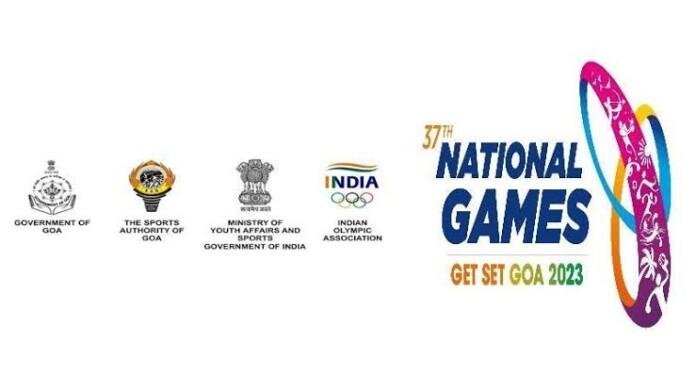Panaji: With Hon’ble Prime Minister Narendra Modi reiterating India’s mission to host the Youth Olympics in 2030 and the Olympic Games in 2036, the constantly evolving role of technology is undoubtedly going to play an important role and the recently concluded 37th National Games in Goa could be termed as a timely dress rehearsal as India readies its bid for the big-ticket global events as the Games in the country’s smallest state attracted over 11,000 athletes competing for glory in 42 sports disciplines.
Khelo Tech – a Bombay based company working at the intersection of sports and technology – was therefore mandated to handle the tech operations at this event with the objective of ensuring seamless event operations, aiding athlete development and adding a new and advanced tech framework which can be replicated with ease in staging and managing future large-scale sports events in the country.
Speaking about Khelo Tech’s particular role at the 37th National Games, founder Anshul Bagai said, “Our main scope of work includes providing the Games Management System (GMS), which entails modules like comprehensive registration connected to nomination of athletes, verification of athlete and staff database and accreditation, distribution of apparels, storing information related to travel, accommodation and catering services at the Games, and lastly, the most important aspect which is the competition management system that is linked with TSR (Timings, Scoring and Results) at the event.
“Each sport has a separate methodology of capturing information pertaining to participating athletes, their performances, match results and then displaying it on the system. The way this works is our programs are prepared pre-match for the technical officials to simply input the results based on their live records.”
The GMS is a patent pending software which has been developed internally by Khelo Tech, and is already in use by the Sports Authority of India as well as several professional sports teams in the IPL and ISL. However, with the National Games being the biggest annual multi-sport event in the country, it becomes imperative for the Indian Olympic Association as the custodian of the event to store performance records of athletes across multiple disciplines so as to aid their progress in the future.
Speaking about how the tech framework can benefit the participating athletes, Bagai said, “We have database mapping which happens on a continuous basis, so benchmarks can be created, overall data science can be incorporated to help the athletes’ progress and evaluate their progress over a long period of time. The 37th National Games will be looked at in the future as the benchmark in terms of laying down the foundation for the whole database management system for the IOA.
“We hope that in the future different national federations and state associations will also look to implement this system in their programs. This will allow India as a nation to effectively track the progress of its entire talent pool throughout the country in any sport in a seamless and transparent manner. In the long term, I believe this practice will really benefit athletes.”
Bagai mentioned that his organisation has used the 37th National Games as a launchpad for testing out 3 new features of technology developed by his team. The first such feature is integrating the IVR – Interactive Voice Response system into the National Games website and TSR. Along with this, Khelo Tech also launched a ChatBot to manage grievances and ensure prompt problem and query resolution and a geo-fencing feature, which uses facial recognition for the checking in of volunteers and housekeeping staff at the event and granting them access to their respective areas of operations in different venues.



